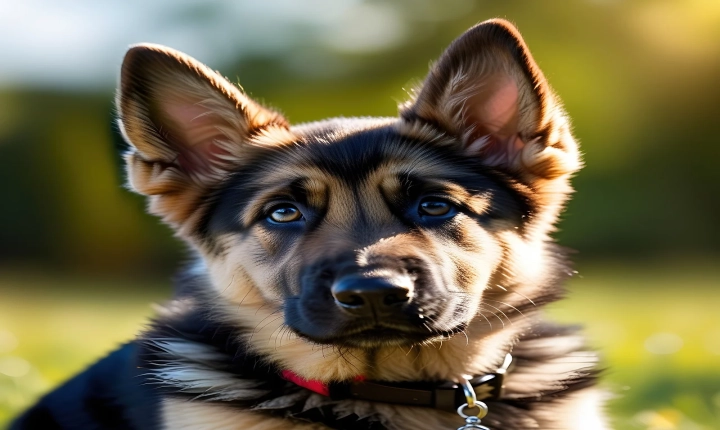Title: Harnessing the Power of AI to Generate Music
Music has always been a powerful form of expression and creativity, inspiring and evoking emotions in people across the globe. The ability to create music has traditionally relied on the talent and skill of musicians, composers, and producers. However, with the advancements in technology, particularly in the field of artificial intelligence (AI), generating music has become more accessible and innovative.
AI has revolutionized the music industry by enabling the creation of music using machine learning algorithms and neural networks. These AI-powered systems have the ability to analyze vast amounts of musical data, identify patterns, and generate original compositions, leading to a new era of musical creativity.
Here’s how you can harness the power of AI to generate music:
1. Training AI Models: AI music generation begins with training the machine learning models on a vast dataset of existing music. These models learn the characteristics, structures, and styles of music, allowing them to create new compositions based on the learned patterns.
2. Generating Melodies and Harmonies: AI can be used to generate melodies and harmonies by analyzing the relationships between notes, rhythms, and chords. By inputting specific parameters and constraints, such as musical genre or mood, AI can create original musical compositions that adhere to the given criteria.
3. Collaborating with Musicians: AI can be used as a collaborative tool for musicians and composers. By providing AI-generated musical snippets or ideas, artists can use these as a starting point for their own compositions, thereby enhancing their creative process.
4. Customizing Music for Media: AI can be utilized to generate customized music for various media, such as films, video games, and advertisements. By understanding the mood, pace, and narrative of the content, AI can create original soundtracks that complement the visual elements.
5. Expanding Musical Boundaries: AI has the potential to break traditional musical boundaries by exploring unconventional compositions and merging different genres and styles. This innovative approach can lead to the creation of unique and experimental music that pushes the boundaries of creativity.
6. Ethical Considerations: While AI-generated music offers immense potential, it also raises ethical considerations regarding copyright, intellectual property, and the role of human creativity in the music industry. It is crucial to address these ethical implications and ensure that AI is used responsibly and collaboratively with human musicians and composers.
In conclusion, the integration of AI into music generation presents a new frontier for innovation and creativity. By leveraging the capabilities of AI, musicians, composers, and producers can explore new avenues of expression, push the boundaries of musical composition, and create truly unique and impactful music. As AI technology continues to evolve, the future of music generation holds boundless possibilities, making it an exciting time for both creators and listeners alike.
